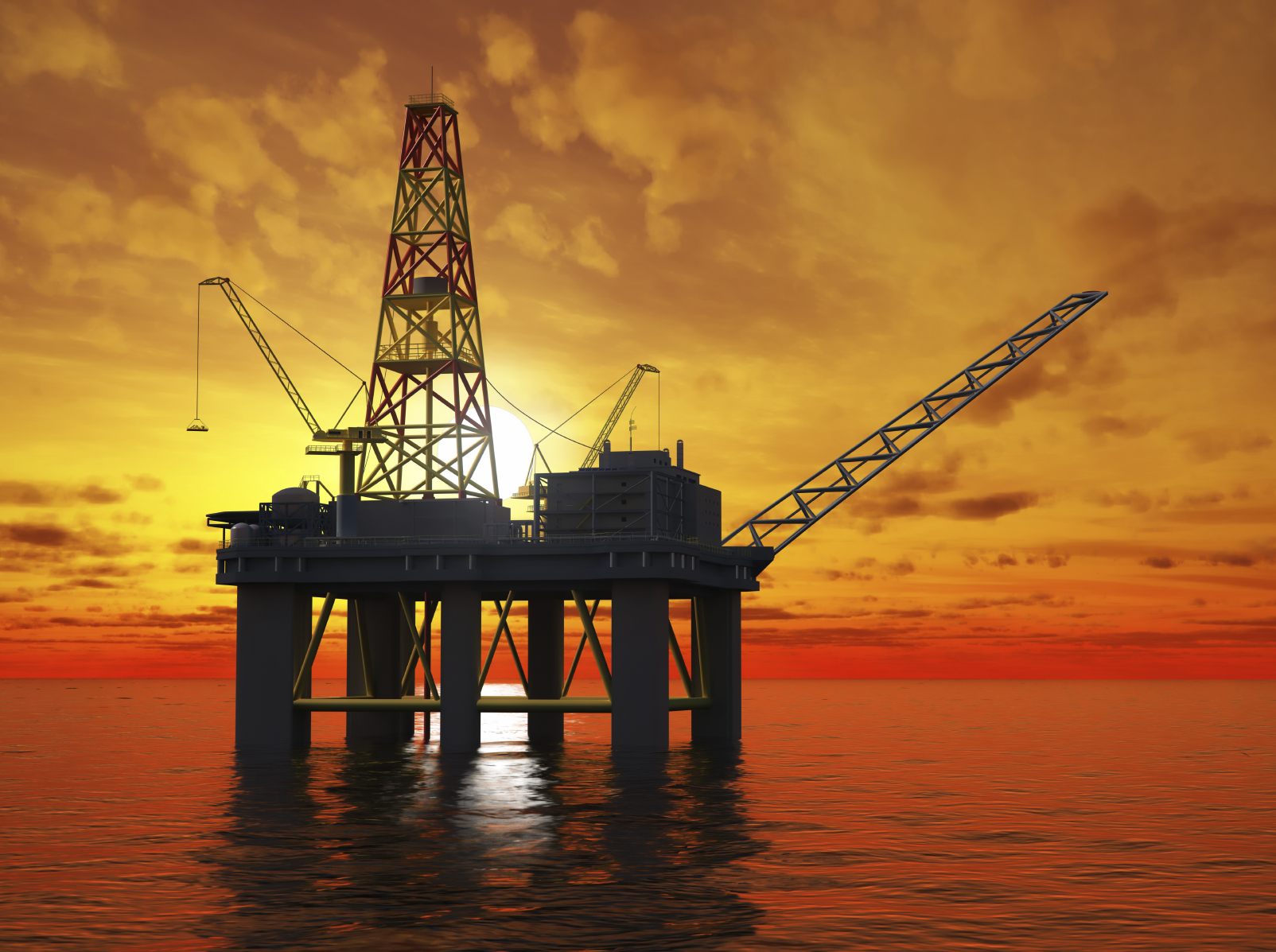These days we are witnessing a unique event in the history of the almighty oil industry. A price drop that has led even futures selling at a negative price. Something that will have unforeseeable consequences within a market that has seen consumption has fallen by 30%, a figure that we can compare with the 4% suffered during the harsh economic crisis of 2008.
Antonio Turiel, a Senior Scientist at the CSIC’s Institut de Ciències del Mar, Spain, has published an interesting article on his page The Oil Crash entitled “Black Storm.” In the article he analyzes the current situation. When he describes the ongoing evolution of a market that is not only on a full decline but also the serious consequences that this may have for the economy.
In this, we can see how the market is facing a much higher production than demand which has been frozen by the coronavirus. Something that is forcing us to use the reserve deposits that are about to reach their maximum capacity. This is where we find some of the main problems, one of which is that stopping the production of an oil well is not merely turning off a tap.
As Antonio explains: “The extraction flow in many veteran oil wells cannot be easily regulated: if the extraction rate is lowered too much, due to the enormous pressure at these depths, the reservoir rock from which the black gold is extracted tends to consolidate and collapse the channels through which oil flows; and once recemented, it is practically impossible to recover the initial porosity and return to the previous productive rates – worse still, part of the oil in situ is no longer recoverable. That is why many producers are reluctant to lower their production too much, because later they will not be able to return to the previous production rates and could even lose oil reserves.”
This means that many wells cannot be stopped. Tanks full and demand at a minimum even in the second half of the year. We are in a situation where oil will continue to come out of the ground with no one to store it, much less buy. A condition that will cause the collapse of much of the industry, including the refineries in charge of transforming that oil into diesel, gasoline, kerosene, and other plastic products.
Some refineries will be one of the most delicate links since, as Antonio himself explains, it is not easy or cheap to reconfigure each refinery to a different type of oil. If we close some wells, and open others, that oil may not adapt to the current configuration.
This shows us that dependence on oil for transport is an element with many more dangers than the environment and energy dependence on states with serious democratic deficiencies and respect for human rights. It is also a risk for a supply that, as we see, it is not easy to adapt to the needs of each moment.
Something that we can see in this part of the article: “… because by 2025 there will be no drop in oil consumption, which can be traced if conditions change, but a drop in production, caused by physical factors such as it is the lack of energy and economic profitability of the deposits that remain in the world, and therefore cannot be traced: it will not be a provisional fall like the one of now, but a permanent and definitive one, which could only go – and it will – to worst. And it will not be a 30% drop like now, but rather it will be around 40%. What the CoVid crisis has done is precipitate our fall down the energetic cliff to which we were approaching. It is foolish now to discuss when the peak oil will be: it has already passed, and we will never produce as much oil as it had been produced. We won’t get close.”
Although we knew that at some point, there would be a “peak oil” or a crash in the industry, we really are not prepared to face a situation that now has also advanced a few years according to estimates before the coronavirus crisis.
A black storm that threatens to paralyze much of the transport production chain. Chains that deal not only with getting us to work every day, but also with feeding the machinery of the field that produces food, the trucks, and boats that transport it. Definitively, an all-in-one bet that, is total recklessness.

